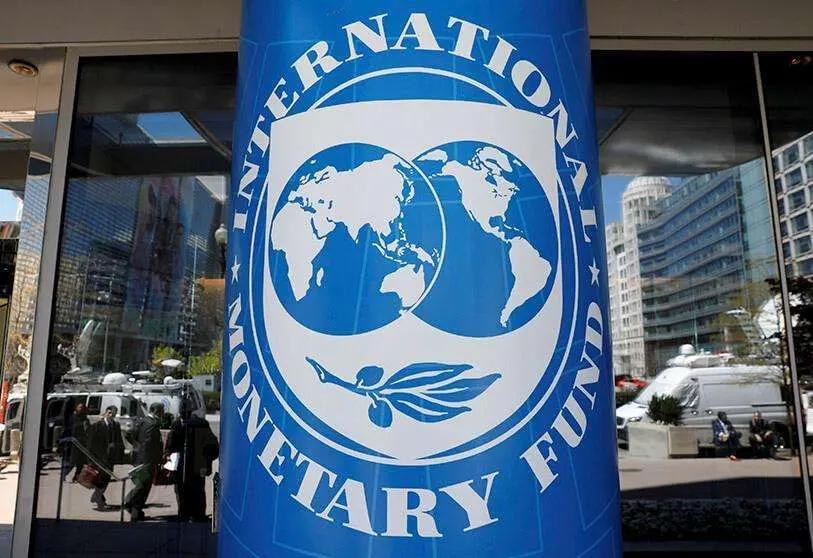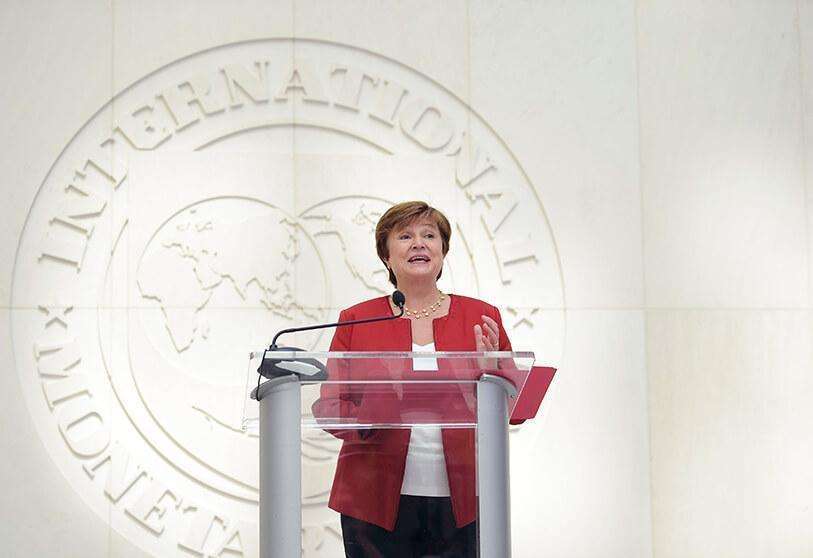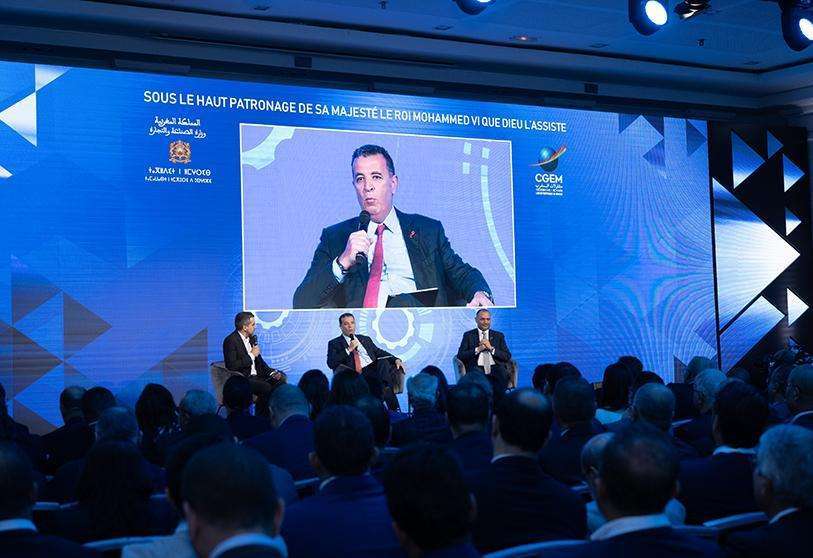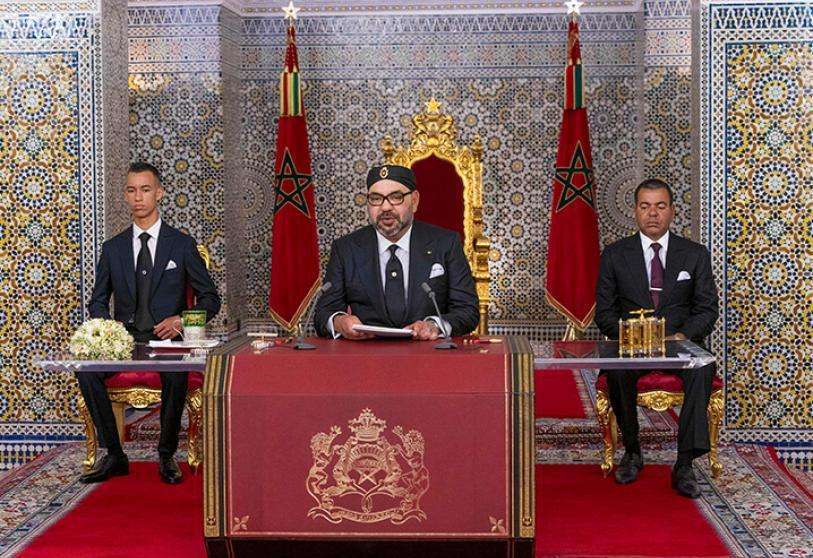El FMI aprueba una línea de crédito de 5.000 millones de dólares para Marruecos

The executive board of the International Monetary Fund (IMF) approved a two-year plan with Morocco for the North African country to access a $5 billion Flexible Credit Line.
This figure is relevant because it represents the equivalent of 417 per cent of Morocco's share in the IMF. The international financial organisation pointed out that Morocco has obtained this credit line thanks to its "policies" in the economic sphere and its "extremely solid economic fundamentals and its continued commitment to maintain these policies in the future".
The IMF said it would "enhance Morocco's external buffers" and also help "address reconstruction challenges through certain policies, while accelerating the implementation of its structural reform agenda in an environment characterised by increased external risks".

The agreement was initialled by the Moroccan Ministry of Finance and IMF managing director Kristalina Georgieva. The loan is being granted to help Morocco cope with the economic effects of recent crises marked by inflation and global problems such as the war in Ukraine, which has also led to a sharp rise in commodity prices. The IMF said the loan will have "very flexible" conditions, including a very low interest rate and a duration of two years, and that the credit is provided within a framework of fiscal adjustment with the aim of reducing Morocco's fiscal deficit and restoring debt sustainability.
The IMF executive board received a few months ago a request from the Moroccan authorities for two long-term arrangements under the Flexible Credit Line (FCL). The board discussed the feasibility of the arrangements and the potential support that the IMF could provide to the North African country. A number of issues were discussed, including the level of debt, the fiscal situation and macroeconomic stability. The IMF board also discussed the structural reforms that the Moroccan government is undertaking to improve long-term economic stability, and now finally came the IMF's decision to grant this latest $5 billion loan. With a clear commitment on the part of the international organisation's governing bodies to continue collaborating with the Moroccan government to promote the development of the North African country.
Since 2012, Morocco has benefited from four successive Precautionary and Liquidity Line (PLL) agreements, each for about $3 billion. The first was approved on 3 August 2012, and the other three on 28 July 2014, 22 July 2016 and 17 December 2018. The fourth agreement expired on 7 April 2020, when the authorities purchased all resources available under it to limit the social and economic impact of the COVID-19 pandemic and allow Morocco to maintain an adequate level of official reserves to alleviate balance of payments pressures.
While the LPL arrangements have served the country well in the past, the strength of the underlying institutional frameworks and the economic track record in implementing very sound economic policies, as well as the continued commitment to sustain these policies in the future, justify the transition to this latest financing arrangement in order to support the structural reforms needed in the face of an increasingly risky external environment.

Precisely, the Moroccan kingdom continues with its task of economic revitalisation and industrial development, under the clear guidelines set by the Moroccan Executive and King Mohammed VI, who since he came to the throne in 1999 has made a decisive commitment to modernisation and national development in many areas, including the economic and financial spheres. The latest proof of this was the holding in Casablanca of the 1st National Industry Day, an event co-organised by the Moroccan Ministry of Industry and Trade and the General Confederation of Moroccan Enterprises (CGEM) with the aim of boosting and revitalising the industrial sector of the Moroccan kingdom with a view to fostering greater national development and promoting national economic growth.

Mohammed Benchaaboun, director general of the Mohamed VI Funds for Investment, spoke at this conclave of the importance of access to financing for the development of industry, arguing that the funds accompany the work of industrial companies and that the latter need to have sufficient infrastructure, industrial zones, energy policy, research and innovation, as well as intangible capital built by human resources trained through vocational training and research. And there is no doubt that one of these important supports is the latest credit line granted by the IMF.








